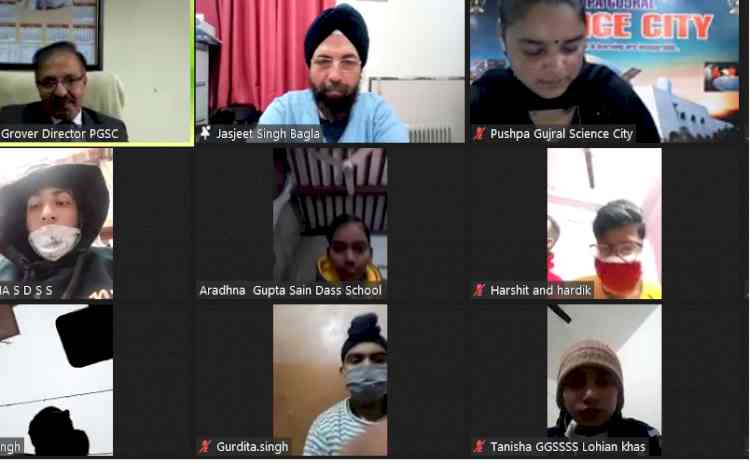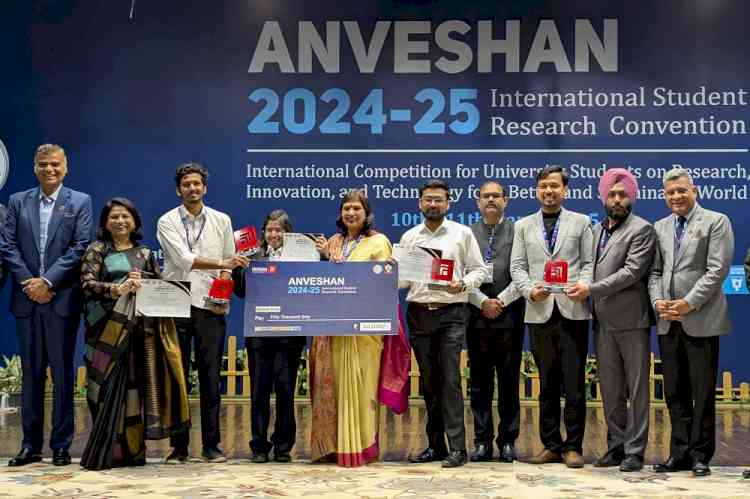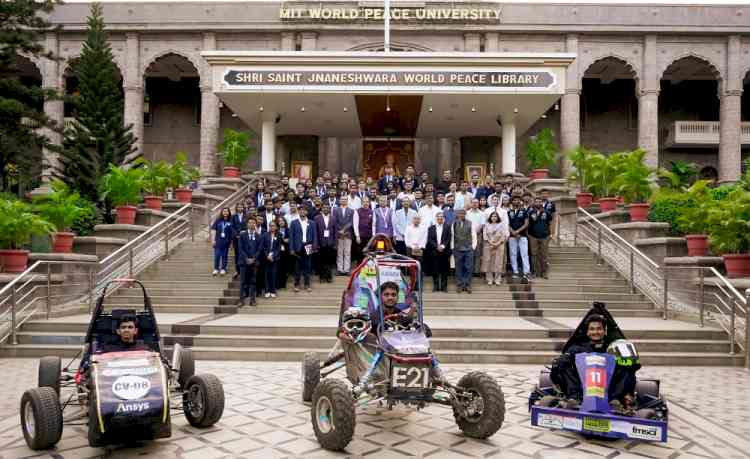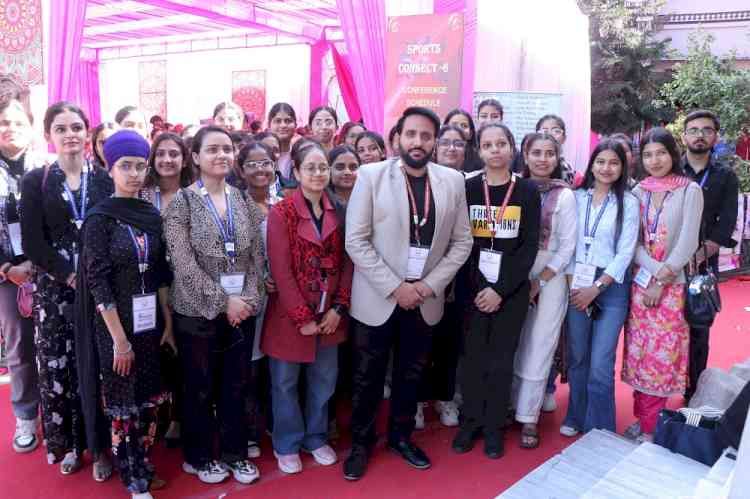Students urged to emulate Sir Benjamin Franklin
Science City celebrates birth anniversary of Sir Benjamin Franklin

Kapurthala, January 17, 2022: Science City organized a webinar to celebrate birth anniversary of SIR Benjamin Franklin. Around 100 students and teachers from different schools of Punjab participated in this event. Speaking at the occasion, Dr. Rajesh Grover, Director Science City said that, this Day is celebrated with an intention to appreciate and honor Benjamin Franklin on his anniversary. He has made incredible discoveries and theories in the field of electricity. He highlighted the contributions made by SIR Benjamin Franklin to Science especially on how he made use of astute observations to deduce many aspects of nature. Further he said that Franklin was definitely not one to think inside the box. He believed, to create, we must first identify the problem, then offer the best solution. He urged the participants to take inspiration from him and focus their attention on identifying problems in the society and also, make efforts to find their solutions. The most notable inventions of him include a lightning rod, the Franklin stove, bifocals, a carriage odometer and a musical instrument. He informed that PGSC is going to setup a gallery on Electricity very shortly in which concepts of electricity can be understood in an interactive manner.
Prof. Jasjeet Singh Bagla, Department of Physical Sciences, Indian Institute of Science Education and Research (IISER) Mohali was the key speaker at this occasion. The theme of his talk was “Exploring Deep Space from Space: the Indian efforts”. He motivated students to pursue space sciences by narrating various space research programs initiated by India. He informed that AstroSat satellite launched by India in 2015 can be used to observe space objects simultaneously in a variety of wavelengths, thereby enabling astronomers to observe sky with an unprecedented coverage and discover new phenomena. The Indian astronomy community is also working on a variety of space based observatories and the future of space based astronomy looks bright, he added.


 cityairnews
cityairnews 








